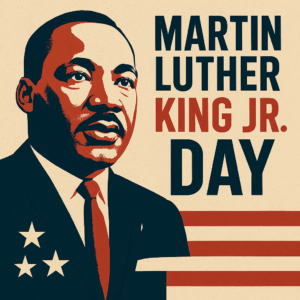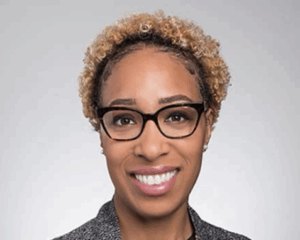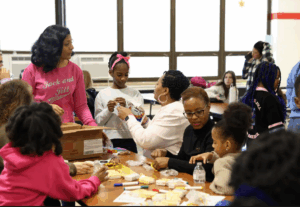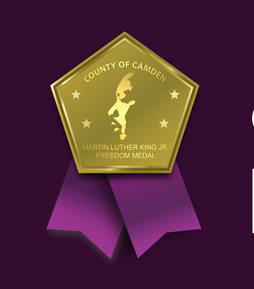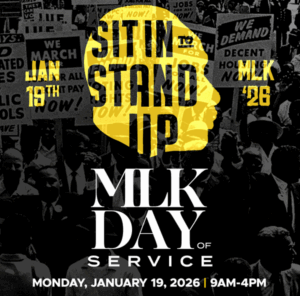Diverse Voices: Native American Heritage Month an Educational Opportunity for Everyone
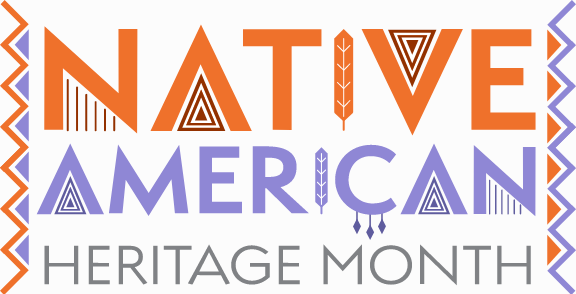
Native American Heritage Month logo by State of Virginia Government website.
EDITOR’S NOTE: November is designated as Native American Heritage Month, which started via a resolution signed by President George H.W. Bush in 1990.
OPINION
BY SHELJA TOURI | AC JosepH Media
EVESHAM — Americans across the country are encouraged to acknowledge the Native American struggles, continue to call out entrenched racism, work toward treaties, reconciliation and push for changes.
We live in a time of opportunity for education, additionally supporting Native American-led businesses and initiatives across America. Native Americans and Alaska Natives are the descended people from any of the original peoples of North and South America (including Central America).
READ: Shelja Touri’s feature on Dr. June DePonte Sernak HERE
The New Jersey Department of Education website says: “Culturally responsive practices create a supportive, inviting environment where students, particularly those who have been marginalized, feel a sense of belonging.”
Although there is a page full of resources, the department does state that “the resources provided on this webpage are for informational purposes only; and neither the Department of Education nor its officers, employees or agents specifically endorse, recommend or favor these resources or the organizations that created them.”
A review of the New Jersey standards spread throughout subjects raises concerns that current standards relating to Native American people were all developed from a distinctly Eurocentric frame of reference.
This Eurocentric lens disproportionately addresses Native American culture in a relational context, particularly in relation to standards regarding geography and history.
When examining Indigenous migration patterns, the current standards would solely address this as it relates to colonization and European settlements. This excludes other Native American historical reasons for migration and is inherently reductive.
Dr. June DePonte Sernak is the Statewide Diversity Leadership Consultant for the Center for Family Services. The center is a supporting agency under DMHAS in developing cultural competency plans using Culturally and Linguistically Appropriate Standards of delivery.
She holds tribal citizenship Powhatan Renape Nation and she stated that “It is critical to stop idealizing the Indigenous culture through an inaccurate lens. Pocahontas, from the Powhatan tribe has been romanticized with little regard to the fact that she was underage as the animated tale told of a romantic fairy tale.
“Honoring the true history teaches us to learn from the past and continue the same bias in the future.”
To ensure students are receiving the most instructive and rich educational experiences possible it is important to integrate high-quality standards that don’t present Native American cultures as a monolith but instead a diaspora.
Only a select few standards specifically discussed the Lenni-Lenape people, considering their role in local New Jersey history, this is deficient and contradicts the DOE’s Culturally responsive practices.
In recent studies, Native American communities experience higher rates of suicide compared to all other racial and ethnic groups in America; For Native youth ages 10 to 24, suicide is the second leading cause of death; and the Native youth suicide rate is 2.5 times higher than the overall national average, making these rates the highest across all ethnic and racial groups.
It is vital that education across the state engages with the experiences and truths of Native Americans people to dispel the existing stigma surrounding their community. It is easy to get so lost in the stigma, the prejudice and the discrimination and it’s easily forgotten to see that there are non-Native American people out there who respect the traditional landowners.
Native American Heritage Month helps to shed light on some of the issues/successes experienced and encourages all Americans to engage in conversation and further understanding. There are people from different cultures, religions and ethnic backgrounds, and from different walks of life, walking with the Indigenous community.
However, the lack of is a direct result of our education system. The question remains what will it take for Native Americans to be seen? Is it just conversation? Is it just voluntarily gaining knowledge? Or is it policy changes that address systemic racism in education?
Sernak says: “I invite communities and individuals to add tribal traditions to their family observances and keep the rituals alive for generations to come. Teaching respect for our planet and spiritual healing is a strong step to stronger mental health and higher cultural intelligence.”
Education is key and this starts from the moment a child enters school. Native American Heritage Month isn’t just about Native American people caring about themselves. It’s an opportunity for the entire community to join in and celebrate differences as well as similarities.
Follow Us Today On:
Subscribe to FRNJ EXTRA premium content newsletter for exclusive information on this event and other premium content, courtesy of Front Runner New Jersey!
Note from AC JosepH Media: If you like this story and others posted on Front Runner New Jersey.com, lend us a hand so we can keep producing articles like these for New Jersey and the world to see. Click on SUPPORT FRNJ and make a contribution that will do directly in making more stories like this available. Thank you for reading!


